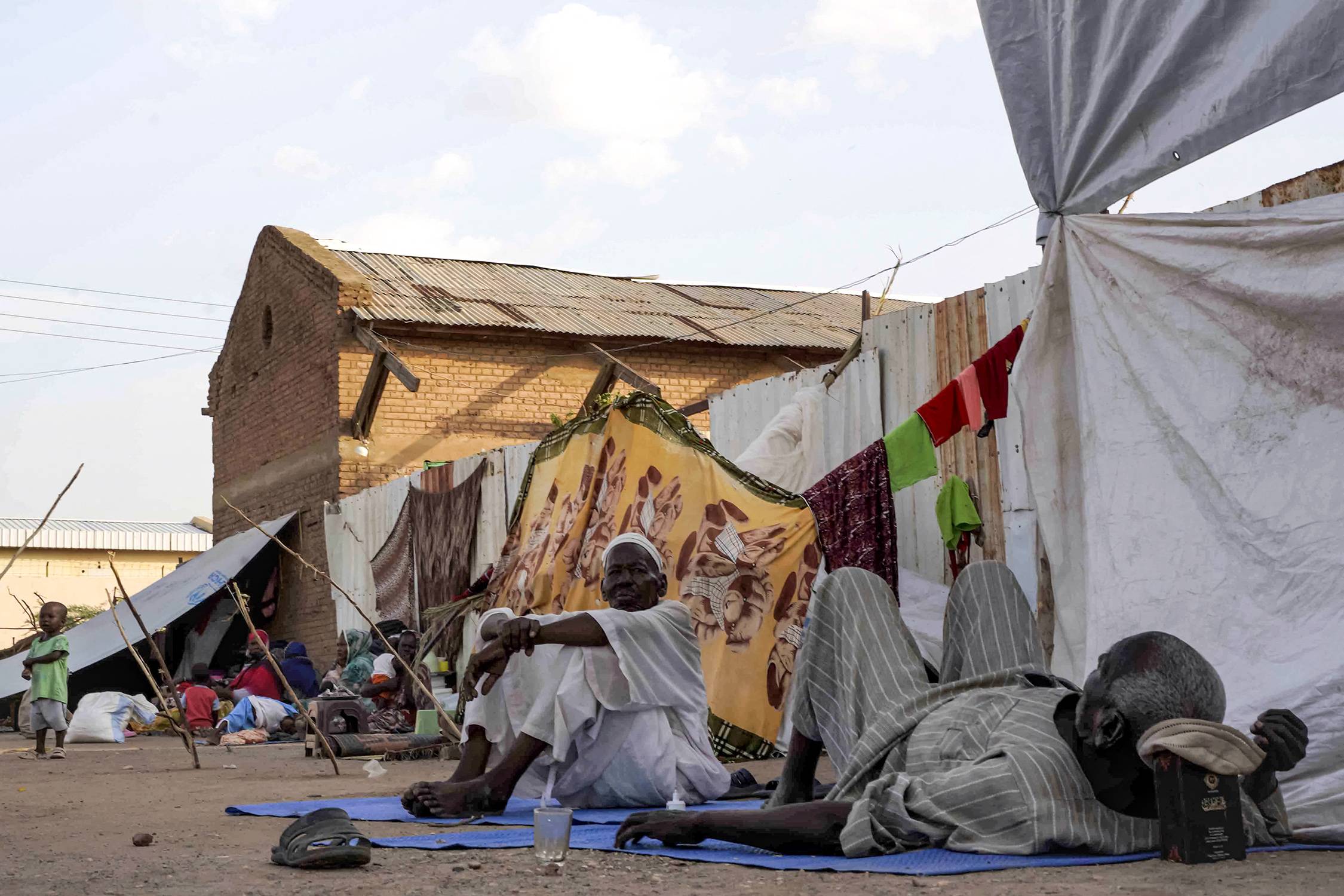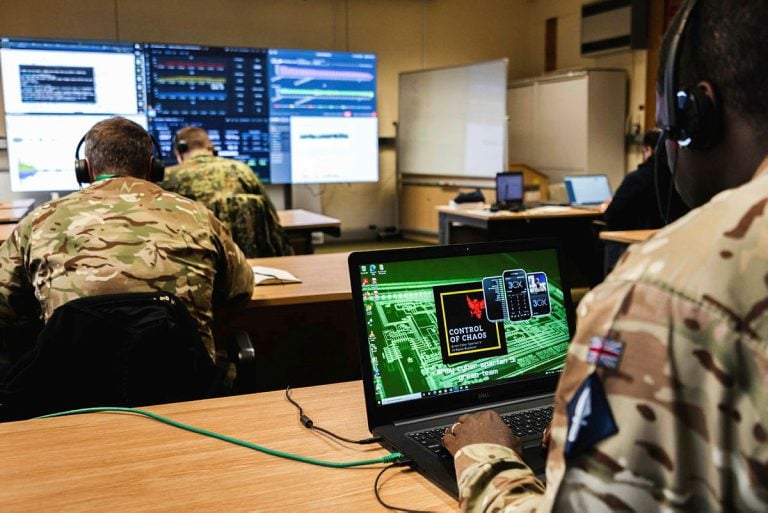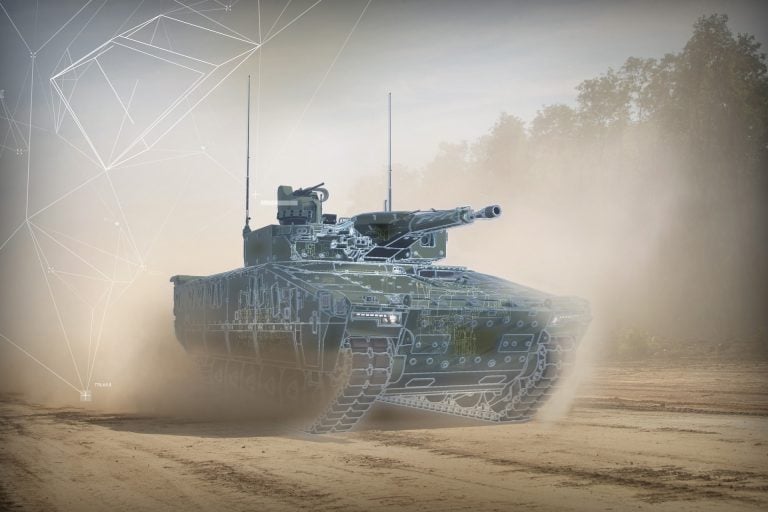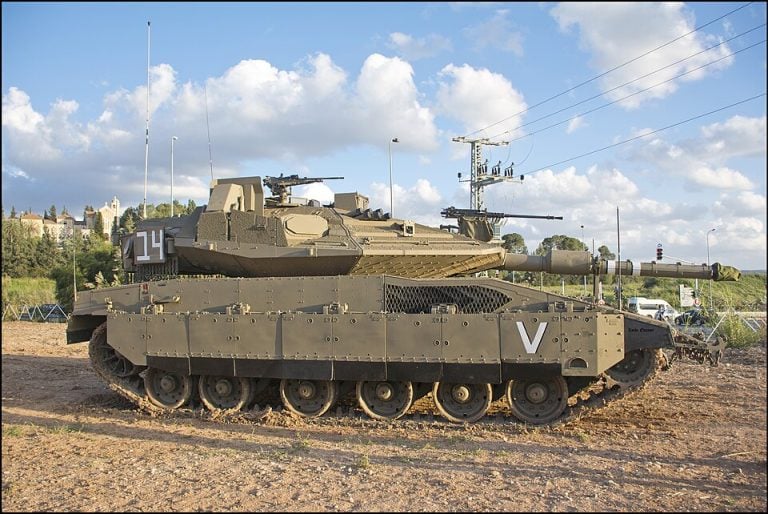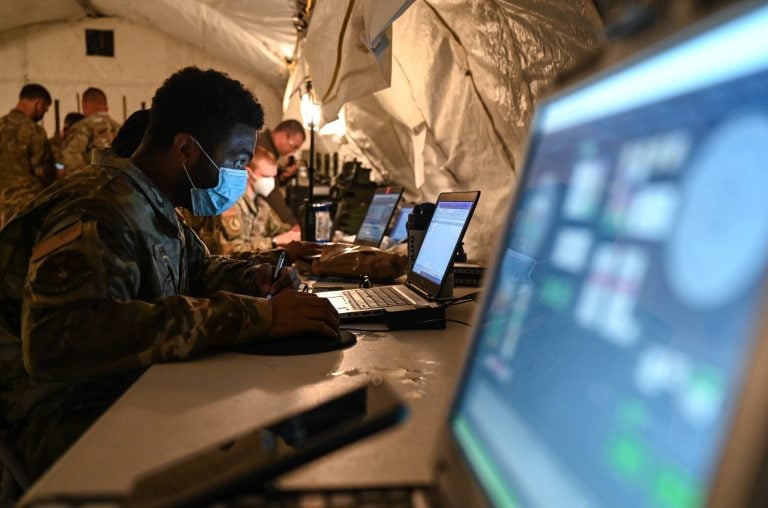Over 36,000 Sudanese civilians have been forced to flee from their homes in the Kordofan region, east of Darfur, as tensions escalate between Sudan’s army and the paramilitary Rapid Support Forces (RSF). The alarming report from the United Nations highlights the severe humanitarian crisis unfolding in the central Kordofan area, which has become a new battleground since the conflict reignited earlier this year.
Central Kordofan holds strategic significance as it lies between Sudan’s Darfur provinces and the capital, Khartoum. This area is increasingly being targeted as RSF forces threaten to expand their control. The situation intensified markedly following the RSF’s recent takeover of El-Fasher, the last military stronghold of the Sudanese army in Darfur. Following this victory, the RSF established a rival administrative authority in the city, challenging the army’s governance from Port Sudan.
According to a recent statement from the UN migration agency, between October 26 and 31, approximately 36,825 individuals have fled from five localities in North Kordofan. Reports from locals indicate a notable increase in the presence of both RSF and army forces in various towns and villages throughout the region. The ongoing conflict, which has raged since April 2023, is centered around El-Obeid, the capital of North Kordofan. This city is pivotal for logistics and command, serving as a key link between Darfur and Khartoum and featuring an important airport.
In the battle for control, the RSF claimed last week to have secured Bara, a city north of El-Obeid. An RSF member, in a video posted on the organization’s official Telegram account, stated that all their forces are concentrating on the Bara front and urged civilians to avoid military installations.
Residents living in areas around El-Obeid, such as Suleiman Babiker from Um Smeima, have expressed their fear of clashes, stating that they have ceased visiting their farms since the RSF increased their presence after capturing El-Fasher. Another anonymous resident corroborated the heightened military activity, noting an uptick in both RSF and army vehicles in the vicinity.
The region of Kordofan, rich in resources, is administratively divided into North, South, and West Kordofan, and is poised to become the next focal point for military confrontations, according to statements from Martha Pobee, the assistant UN secretary-general for Africa. She warned of “large-scale atrocities” committed by the RSF and highlighted the troubling echoes of past violence in Darfur, including instances of mass killings and acts of sexual violence primarily directed at non-Arab communities.
The UN reported recent incidents of violence leading to the deaths of at least 50 civilians, including five Red Crescent volunteers. Both the RSF, descended from the Janjaweed militias responsible for atrocities during the Darfur conflict, and the Sudanese army face serious allegations of war crimes. In January this year, the Biden administration classified the RSF and allied militias’ actions in Sudan as genocide, reflecting the severity of the situation.
Despite the gravity of these human rights violations, international responses and peace initiatives related to the Sudanese crisis have largely been ineffective. The ongoing conflict has resulted in tens of thousands of deaths, forced nearly 12 million people from their homes, and has contributed to what is now recognized as the world’s largest displacement and hunger crisis.
